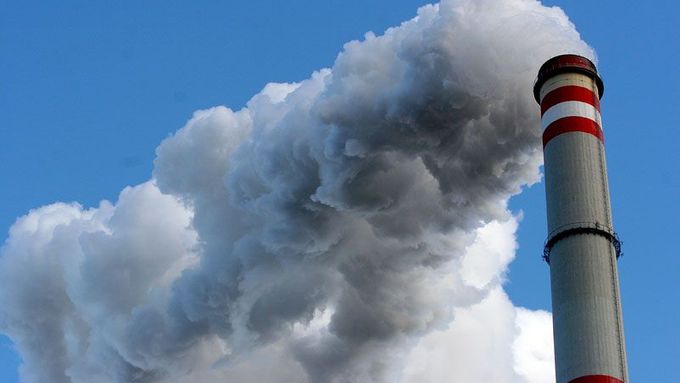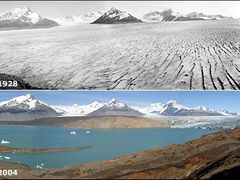Prague - If climate change continues at the current pace, in just a few decades billions of people mainly in poor countries of Africa, Asia and Latin America will be threatened by extreme weather conditions, including drought, floods or hurricanes, as well as by dangerous diseases.
The Czech Republic significantly contributes to the trend, producing above-average volumes of greenhouse gases. The country's carbon-dioxide emissions amount to 12 tonnes per head, one of the highest figures in the EU and way above the EU's average of some 9 tonnes per head.
India, on the other hand, produces only about 1 tonne of carbon dioxide for each citizen, Nigeria emits 700 kg and Kenya does only 300 kg.
Poor world hit by rich world's dirt
While the Czech Republic is expected to see more floods and longer periods of drought as a result of climate change, the ramifications in central Europe in general will be far less dramatic than in many less developed - and hence less polluting - countries.
"These problems [facing the Czech Republic] are negligible compared to what will happen in some developing countries," says Vojtěch Kotecký from Hnutí Duha. The environmental group is one of 13 NGOs in the Czech Republic who have compiled a report on the impacts of climate change in different parts of the world.
The study, entitled Responsibility without Borders: Climate and Poverty, has received backing from Bedřich Moldan, Czech senator and head of the Environment Centre at Charles University in Prague.
The document summarises recent scientific findings and calls on the Czech government to significantly step up aid to developing countries in order to help them better cope with the changes in climate.
"Poor people in Africa or Asia will be affected by droughts or more frequent floods and hurricanes much more than central Europeans," says Kotecký. "The Czech Republic is one of the worst polluters. Hence it is our responsibility to not only reduce emissions, but also provide direct assistance to developing countries."
Czechs far behind in aid efforts
"International humanitarian organisation Oxfam has used individual industrialised countries' emission volumes and economic strength to calculate how much each country should contribute to help the developing world adapt," says the report. "The Czech share should be about CZK 3 billions per year."
In reality, the Czech Republic only provides development aid worth hundreds of millions of crowns every year, or 0.12 percent of its gross national income (GNI).
The country has pledged to increase the figure to 0.17 percent of GNI by 2010 and 0.33 percent by 2015. But Czech government officials say that they are unlikely to meet these watered-down targets, designed for newer EU countries.
The 15 countries that were part of the EU before its 2004 expansion have pledged to boost development aid to 0.56 percent of GNI by 2010 and, finally, by 2015, to 0.7 percent, a rate demanded by the United Nations since 1969.
Sweden, Luxembourg, the Netherlands and Denmark are the EU leaders in development aid, contributing between 1 and 0.8 percent of their GNI.







